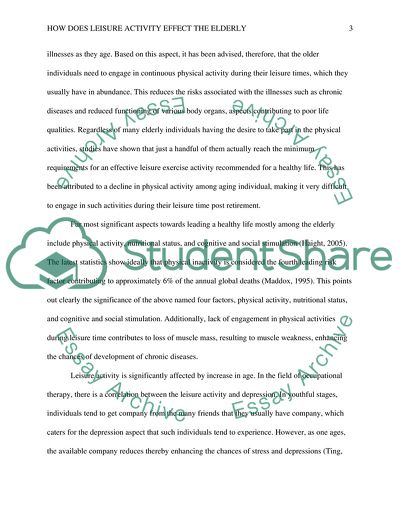Cite this document
(How Does Leisure Activity Effect the Elderly Research Paper - 1, n.d.)
How Does Leisure Activity Effect the Elderly Research Paper - 1. https://studentshare.org/health-sciences-medicine/1823102-how-does-leisure-activity-effect-the-elderly
How Does Leisure Activity Effect the Elderly Research Paper - 1. https://studentshare.org/health-sciences-medicine/1823102-how-does-leisure-activity-effect-the-elderly
(How Does Leisure Activity Effect the Elderly Research Paper - 1)
How Does Leisure Activity Effect the Elderly Research Paper - 1. https://studentshare.org/health-sciences-medicine/1823102-how-does-leisure-activity-effect-the-elderly.
How Does Leisure Activity Effect the Elderly Research Paper - 1. https://studentshare.org/health-sciences-medicine/1823102-how-does-leisure-activity-effect-the-elderly.
“How Does Leisure Activity Effect the Elderly Research Paper - 1”. https://studentshare.org/health-sciences-medicine/1823102-how-does-leisure-activity-effect-the-elderly.


